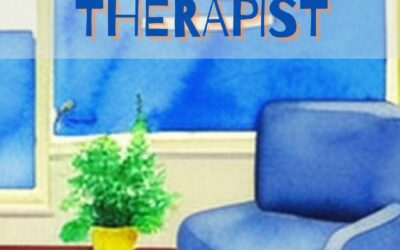I recently realized that my degree in sociology qualifies me to espouse opinions on all of society in a free and unlimited way. The very disadvantage of a degree that was supposed to be a Masters in Counseling Psychology is actually an advantage when it comes to explaining to everybody else, how everybody else works.
And so, without further ado, here is my grand understanding of liberals vs. conservatives.
In a nutshell, my premise that conservatives are too concrete, and lack abstract thinking, while liberals are so abstract that they lose sight of reality.
Let it also be noted that I generally identify as moderate-left, although I am proud of the fact that my views are do not perfectly align with any one worldview. I see this as an indication of someone who is thinking for themselves.
Therefore, I actually will be more critical of the left in this post. What the right do is often glaringly insane; it is the left that often consoles itself with smug self-righteousness and long words, slung through the arrow slits of their ivory tower.
Conservatives
Stereotypically, conservatives are the ones who are able to fix your toilet, repair your car, and farm a field. They are masters of the tangible, the here and now. If they can’t hit with a hammer, does it even exist?
And in this inability to contain abstraction, to extrapolate, lies the biggest flaws of conservatives.
An inability to conceive of other people different than their small town having similar hopes, dreams, desires or needs.
An inability to conceive of a threat of invisible disease if no one can even see it, if no one in your town has it, and if you haven’t personally witnessed people in a hospital ward dying of it.
An ability to ban all abortions regardless of nuances of circumstances.
An inclination to assign the most literal meaning to a text, be that the bible or the constitution. (A notable exception to this trait is their strange ability to believe in an invisible man in the sky. I can’t explain this part.)
With all this comes a mistrust of all those who can comfortably live in this world of abstraction.
There is a general element of selfishness to conservatives and their inability to see beyond the hood of their pickup truck.
Liberals
Meanwhile, liberals will stereotypical swing all the way to the other extreme. Living so much in a world in the clouds, that they lose sight of reality.
They are so comfortable in the world of ideas, of splitting hairs, of pedantic, ponderous language that is almost indecipherable to the common man, that they forget the world they live in. They refuse to acknowledge any limitations within the idealized, utopian concepts they develop within the vacuum of academia.
It is this world view that can encourage unlimited immigration, without planning for the social or economic impacts of this venture.
That can preach a complete defunding of police and decriminalizing of punishable crimes.
That believes that you can train people for most professions by having them write a lot of papers which in turn reference other papers. This can result in things like people getting excellent grades and still being useless therapists, for example.
That believes you can really and truly ignore the color of people’s skin or the makeup of their biological bodies if you just believe it hard enough.
Who feel they have solved most of the problem by simply changing the language they use around an issue. Whether that’s acknowledging indigenous land without giving it back, or renaming homeless people.
Who can protest urban expansion by putting a sign on the manicured front lawn of their million dollar house.
Liberals often live in their own special world of delusion, and it is best preserved by maintaining a healthy distance from reality. From limiting themselves to fiery social media posts, flinging fancy insults that end with “phobic”, attending protests and vigils, and being completely intolerant of intolerance, a catch-all term for a view that is not as expansive as theirs.
Ironically, they’ll glorify other exotic world views as automatically equal (or better than) their old cultures. Tolerating toxic aspects of “exotic” religions like radical Islam, even when those can represent basic human rights violations. The more different you are, the more you are automatically worthy of reverence.
In a world of abstraction, everything can have the same weight. It allows you to go to war over a pronoun or what constitutes cultural appropriation with as much zeal, if not more, than actual battles that actually matter to actual humans.
There is a phenomena where better-educated people tend to be more liberal. But instead of conceiving of this as an automatic compliment, usually based on an inherent positive assumptions around the collegiate system, it might behoove us to take a more nuanced approach.
Yes, more education and more knowledge is always a good thing, but the specific way the liberal education system is structured today, there is a systemic uncoupling of individuals from reality as they are invited to swim in an endless sea of abstraction.
The Middle Path
In truth, no extreme is ever the way to be. Balance, the middle path, is usually the best option. In fact, when they go far enough, the extremes of right versus left can be almost indistinguishable.
I am reminded of the time I accidentally ended up at an anti-vaxxer summer camp. There, I encountered liberals and conservatives alike, people who normally would have nothing to do with each other but were now voting for the same far-right political party because it was the only one that supported both their views (albeit on a very narrow topic).
I believe we all have a propensity for extremism. It is safe, simple, and easier to put yourself in a box and close the lid. It takes courage to be open to new worldviews, to be able able to be in the same room with people with different opinions, to be friends with people with different political views without cancelling them. I could be better at this myself. I am working on it.
I think we all have a propensity to gravitate to one extreme or another, based on our personality, upbringing, or social circles. This framework offers one spectrum within which to analyze yourself: “am I falling into abstraction, or am I being overly concrete?”
I’ll end with one final question I love asking people: “What’s an opinion or belief of yours that you’ve recently changed?”



